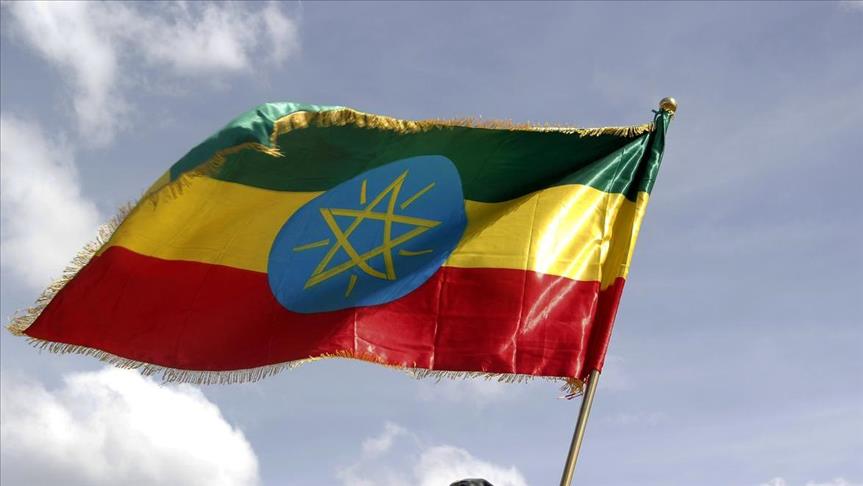
Addis Abeba
By Seleshi Tessema & Abebech Tamene
ADDIS ABABA
Ethiopians on Wednesday celebrated the 120th anniversary of a victory over a well-trained and equipped Italian army, which a historian says marked the beginning of anti-colonial movements.
The roots of the 1896 Battle of Adwa lie in the Treaty of Wuchale, which was signed in 1889 by Ethiopian Emperor Menelik II and Italy.
Claiming the pact amounted to Menelik agreeing to make Ethiopia a protectorate, the Italians marched to Adwa, a small town in northern Ethiopia, to force the Ethiopians into submission.
"The battle was a fight between 17,000 highly trained and well-equipped Italian troops and a less-equipped but determined Ethiopian peasant army of 80,000," a historian told Anadolu Agency.
Zewdu Temtime, a history lecturer at Addis Ababa University, said, "Ethiopians crushed the colonial force -- and 7,000 Italian soldiers were killed while 1,500 were wounded."
"Oreste Baratieri, the general who led the Italian army, was taken prisoner, and thousands of weapons were seized in the battle."
Some 5,000 Ethiopians were killed, he said.
Continent-wide recognition
Moreover, Zewdu said, the battle marked the beginning of the anti-colonial movement in Africa and in particular in the Caribbean. The spirit of the victory even reverberated in the U.S. civil rights movement.
"Africans wouldn’t have established the OAU/AU (Organization of African Unity and African Union) in Addis Ababa if Ethiopians hadn’t fought against Italian forces and been victorious in the Battle of Adwa," Zewdu said.
In capital Addis Ababa, patriots, locals, and diplomats gathered at Menelik II Square to celebrate the day.
Daniel Jote Mesfin, head of the Ancient Ethiopian Patriots Association, told Anadolu Agency that all Africans should celebrate the victory.
"As it is a significant anti-colonial rebellion, we have made a call to celebrate the victory in all African countries and urged all black and oppressed people to mark the day," he said. "We are determined to make it happen in the future.
Some 40 years later, Italians under Benito Mussolini invaded the country for a second time and were driven out after five years of fighting.
Unsung heroes
Before the battle, Ethiopians travelled from every part of the country to the center, Addis Ababa, and 1,000 kilometers (621 miles) to Adwa.
"There were no cars, roads, or railways. The travel would have been absolutely impossible without pack animals," Zewdu said.
In particular, donkeys served on the front line as ambulances. Horses also served as prestigious armed personnel carriers. "Pack animals, which are still serving Ethiopian society, made a significant contribution to the victory," he added.
Over a century later, according to Dr. Bojia Endebu, who heads the Donkey Sanctuary NGO in Ethiopia, despite their service, donkeys and other pack animals are still ill-treated.
"They are despised and not fed well, though they play a key role in all areas of life and even during wars that took place in Ethiopia," he said.
Anadolu Agency website contains only a portion of the news stories offered to subscribers in the AA News Broadcasting System (HAS), and in summarized form. Please contact us for subscription options.







